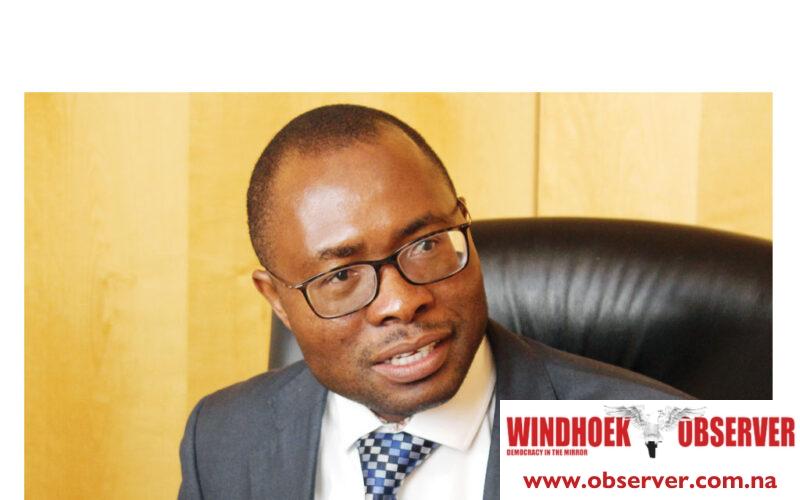Niël Terblanché
Namibia’s commitment to fostering an open and transparent budgeting system has yielded positive outcomes, according to the recently launched Namibia Open Budget Survey 2023 Report.
The survey, part of the International Budget Partnership’s (IBP) global initiative, evaluates the accessibility, comprehensiveness, and timeliness of budget information across 120 countries.
The Minister of Finance and Public Enterprises, Iipumbu Shiimi, stressed the significance of budget transparency in enhancing democratic processes and promoting economic stability during the report’s launch.
“A growing body of evidence shows that countries with more open budgeting systems have stronger democracies, greater equity, and better development outcomes,” Shiimi said.
He added that higher levels of transparency correlate with lower debt levels, improved debt management, and more accurate revenue projections, ultimately leading to better credit ratings and increased investment attractiveness.
“Namibia’s commitment to the Open Budget Survey (OBS) reflects its dedication to these principles,” he said.
The OBS, conducted biennially, is the only independent, comparative, and fact-based research instrument that assesses public access to national budget information, opportunities for public participation in budget processes, and the role of formal oversight institutions such as legislatures and national audit offices. It uses 109 equally weighted indicators to score each country on a scale of 0 to 100.
The 2023 report revealed that Namibia’s ranking has improved compared to previous years which indicates progress in the country’s efforts to enhance budget transparency and public participation.
Shiimi, however, acknowledged that there is still much work to be done to ensure all Namibian citizens have full access to budget information and are fully integrated into the national budgeting process.
“As the Ministry of Finance and Public Enterprises, we are happy to participate in this review process as it aligns well with our continued efforts to increase transparency in the national budgeting process,” Shiimi said.
He also stressed the importance of timely and systematic disclosure of fiscal information to the public, which not only provides necessary information for day-to-day engagement but also improves accountability and builds trust between the government and its citizens over time.
Shiimi called for increased public involvement in the budget formulation process, urging citizens to provide policy inputs before the budget is put together rather than simply analyzing and criticizing it after it has been tabled.
He said that to facilitate this, the Ministry has introduced annual Budget Consultation events where they engage with regional governments and the business community to gather grassroots information on regional needs.
According to Shiimi, these engagements will begin next week, with the Ministry visiting the Omaheke Region from 13-14 June 2024, followed by visits to Kunene, Oshikoto, and Ohangwena regions from 18-22 June 2024.
In addition to these regional engagements, the Ministry typically invites public contributions to the Budget Speech before it is tabled.
Shiimi encouraged Namibians to participate actively in this process, contributing to the budget compilation through various channels, including social media platforms where detailed information on events and dates will be available.
The Minister reiterated the government’s commitment to the timely publication of core budget documents and continuous improvement of their content to meet public expectations.
He acknowledged the efforts made by various stakeholders in advocating for greater transparency and accountability and emphasized the collaborative nature of national development.
“Development is not a one-man show. The government alone cannot develop the economy. We rely on the support of various stakeholders to provide technical assistance, advocate for the voiceless, and highlight our blind spots,” Shiimi said.
He added that the Namibia Open Budget Survey 2023 is an important breakthrough in the country’s journey towards enhanced fiscal transparency and public engagement, setting the stage for more inclusive and effective governance in the years to come.




